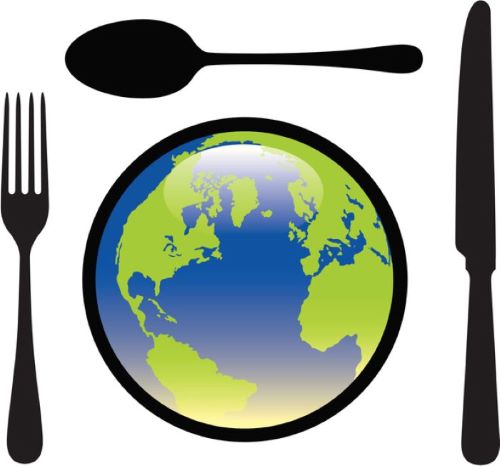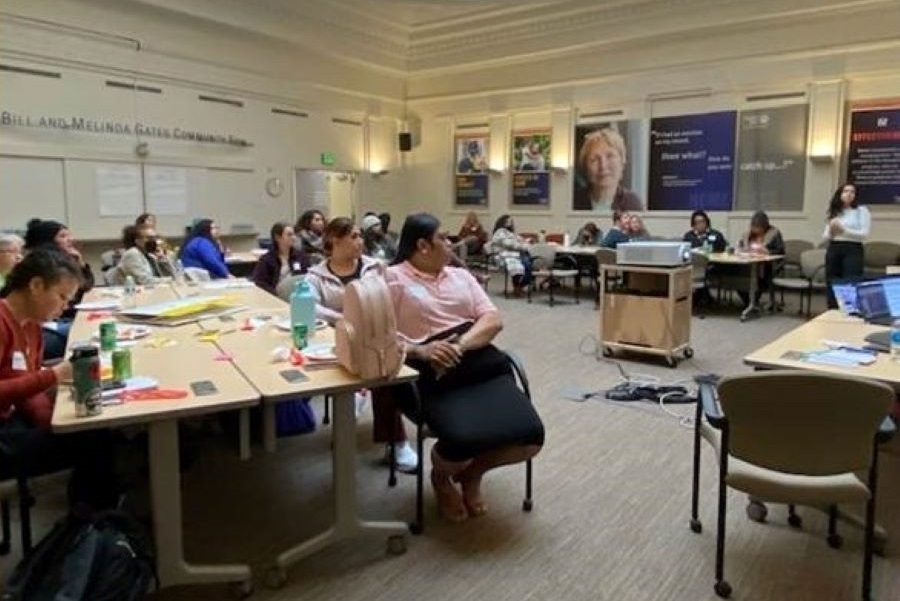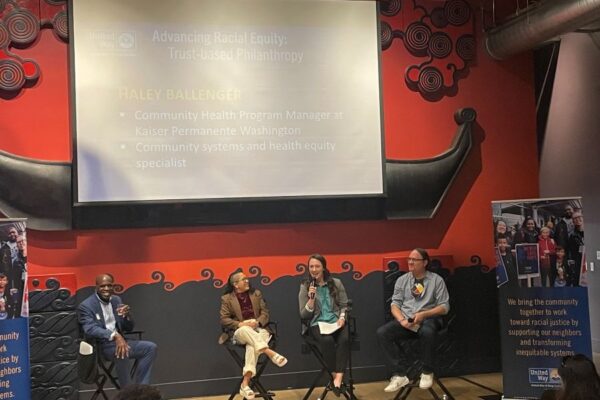Food Justice Now!
This blog post was written by Erika Dzangare, United Way of King County food security impact manager.
The numbers are both staggering and, in a world of plenty, disheartening. According to a 2022 United Nations report, world hunger rose in 2021, with around 2.3 billion people facing moderate or severe difficulty obtaining enough to eat. The hunger persists despite the fact that according to the weekly food and climate publication Thin Ink the world produces enough food to feed 1.5 times the global population.
Hunger’s numbers also reflect our racial disparities, both worldwide and locally. In King County, a jurisdiction that is home to more than 68,000 millionaires, 32% of Black and 26% of Latino adults experience food insecurity, compared to just 7% of white adults. Communities of also color face disproportionate levels of poverty and food insecurity because of historic and systemic racism.
That is why United Way of King County is pleased to announce our new strategy to provide more nutritious food to our neighbors, the Food Justice Collaborative.
The Food Justice Collaborative’s purpose is to unify—in voice and in numbers—to combat inequities in hunger. Programmatically and systemically at the local level, the Collaborative will leverage community expertise to build food programs and share programmatic resources across divides. The Food Justice Collaborative will also provide space where food banks, farms, distributors and community-based organizations can deepen relationships.

United Way’s Food Security Team launched the Food Justice Collaborative in January after receiving collective feedback from our grantees. The Collaborative is a BIPOC-centered food coalition comprised primarily of former food security grantee organizations who have been directly impacted by systemic inequities in the King County food ecosystem and who serve predominantly BIPOC clients experiencing disproportional levels of poverty and food insecurity.
United Way in engaged in this endeavor because we understand that:
- Historical systems have failed to fully invest in and meet the needs of people of color.
- People impacted by inequities must be at the center of solutions.
- We have influence to shape the implementation of food policy and foster a network of trust-centered relationships with community-based organizations, food banks, local and state level agencies, politicians, school systems, businesses and philanthropists.
We’re excited to get the word out about the Food Justice Collaborative and the great work community organizations that are a part of the collaborative are doing across King County. Stay engaged and continue to be advocates for food justice in your spheres of influence!





Comments